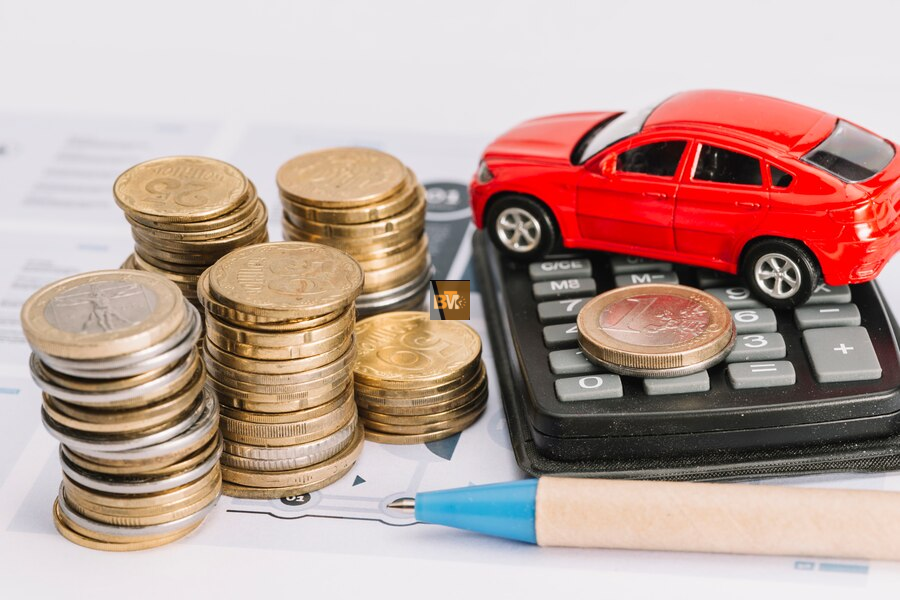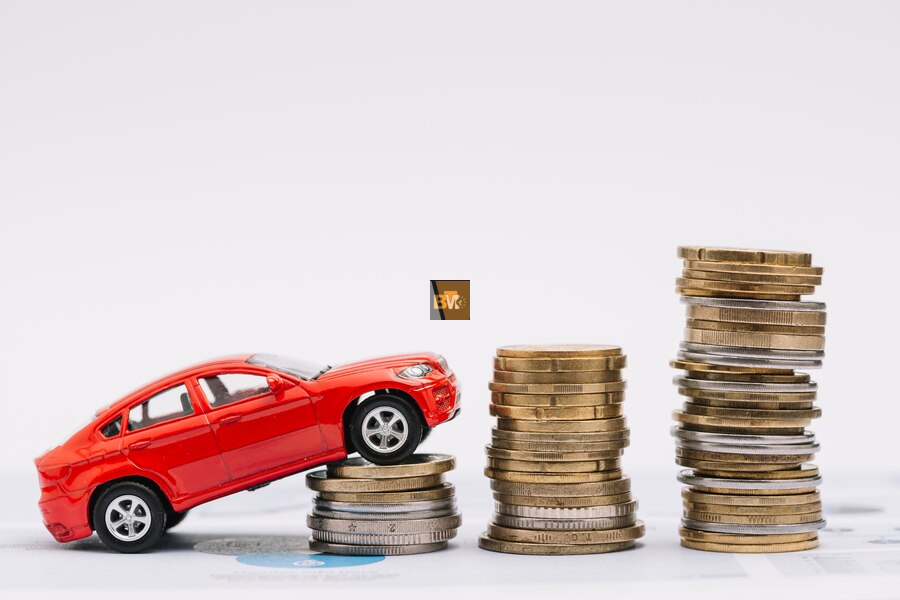Today, Americans owe $1.62 trillion in auto loan debt, double the amount in 2014. This massive increase in loans clearly shows just how important vehicle-secured loans have become in personal finance. With these loans, people borrow money by using their vehicles as collateral.
They are invaluable for those with limited credit history who may have difficulty securing traditional loans. This makes them helpful in building credit or paying down money challenges, but borrowers need to understand the risks.
Failure to pay can mean losing the vehicle and damaging your credit score. Understanding these loans takes time, but it helps people make better choices for their financial future. In this article, you’ll learn what vehicle-secured loans are and how they work.
What Are Vehicle-Secured Loans?

Vehicle-secured loans are a type of loan that uses your car as a backup for borrowed money. As long as you don’t pay off the loan, the lender has rights to your car. Unlike the home loans, these loans are about car loans with particular terms. You might be looking for Logbook Loans London.
The best online lenders provide these services. They see how much your car is worth and how much you can borrow. Say you want a loan for a $15,000 car. You could get one near that amount. According to Bankrate, most car buyers choose secured auto loans.
How Do Vehicle-Secured Loans Work?
When you get a car loan, you use your car as collateral for the money you are borrowing. Lenders usually offer better interest rates because they have this security.
The Steps to Get Your Loan:
- Fill out the loan application with your personal and financial details.
- The lender looks for your credit score and income
- They decide how much they can lend to you based on your car’s value.
- You’ll review and sign the loan agreement if it is approved.
While making payments, the lender has legal rights to your car, even if you are still driving it, until you pay the loan. If you stop making payments, they can take your car.
Benefits of Securing Your Vehicle With A Vehicle Loan
1. Lower Interest Rates
Lending secured by a vehicle has lower interest rates than unsecured loans. This reduces lenders’ risk, so they charge less because they can take your car if you stop paying. For example, the average interest rate offered to borrowers with excellent credit is around 5.25% for new vehicles, and the rate can reach 15.77% for those with poor credit.
2. Higher Loan Amounts
Lenders trust the car’s value as a backup, so vehicle-secured loans often offer higher amounts because the vehicle is secured. If you go for the whole car amount plus some extra for insurance and taxes, you may get a loan. Suppose you take a $20,000 car. The entire $20,000 could be loaned out to you. It helps pay all the costs without having to spend money upfront as a down payment.
3. Potentially Longer Terms
In most cases, vehicle-secured loans have flexible payback options. Many lenders will let you spread payments over a longer time – up to 8 years. This is to say that you can choose the monthly payments that will fit into your budget better. You may need these loans if you need lower monthly costs without putting a strain on your finances.
Types of Vehicle-Secured Loans

New vs. Used Vehicle Loans
Rates and rules are different for new and used car loans. You’ll usually get a better interest rate on new cars — around 4% vs 6% on used cars. This happens because lenders believe that new cars are safer investments.
Why the difference? New cars:
- Have a higher market value
- Are more reliable
- Come with warranties
However, as with any vehicle, new cars lose value significantly faster than used ones in the first few years. This affects your loan terms.
For used cars, lenders look closely at:
- The car’s age
- Total miles driven
- Overall condition
Interest Rate – Fixed vs. Variable

To choose which loan type is the best for you, it’s important to understand interest rates, as they determine how much you will pay for borrowing.
Fixed Interest Rates
Whenever you take a fixed-rate loan, your interest rate remains the same until you pay off the loan. That means your monthly payments will be the same every month, making it easier to predict your budget.
Benefits of Fixed Rates:
- You will always know when your payments will be due – this is very helpful for monthly budgeting.
- If market rates go up, you’re protected.
- No surprises and no payment increases over time
Things to Watch Out For:
- You may begin with a higher rate than variable-rate loans
- If you pay off the loan early, many lenders charge fees.
- If market rates drop, you won’t benefit.
Let’s say you borrow $10,000 at a 5% fixed rate for five years. Your payment will be the same each month. This lets you plan, but it will initially set you back more interest than a variable rate loan, which could start at 3.5%.
Variable Interest Rates
Variable rates adjust based on market conditions, up or down. The prime rate is usually your rate, and banks use it as a starting point. Your monthly payments can change over time.
Benefits of Variable Rates:
- They begin with lower rates than fixed-rate loans.
- If market rates go down, your payments go down.
- You don’t have to refinance to get a lower rate
Risks to Consider:
- Budgeting becomes harder when monthly payments change.
- Rates going up significantly means you’ll pay more each month
- The long-term costs are not predictable.
For example, At first, if you were to get a $10,000 loan starting at a 3.5% variable rate, your payments might be less than a 5% fixed rate loan. But if your rate goes up to 6% later, you’ll pay more.
Conclusion
Before you get a vehicle-secured loan, weigh up the pros and cons. The interest rates and the amount are lower, but if you miss payments, your car is at risk. They can also hurt your credit score. Please do your research, find different lenders, and compare their terms.
Check your budget to see if you can easily afford your monthly payments. If you’re unsure of the best choice for your situation, contact a financial advisor. You must make an informed decision because your financial well-being is at stake.







Leave a Reply